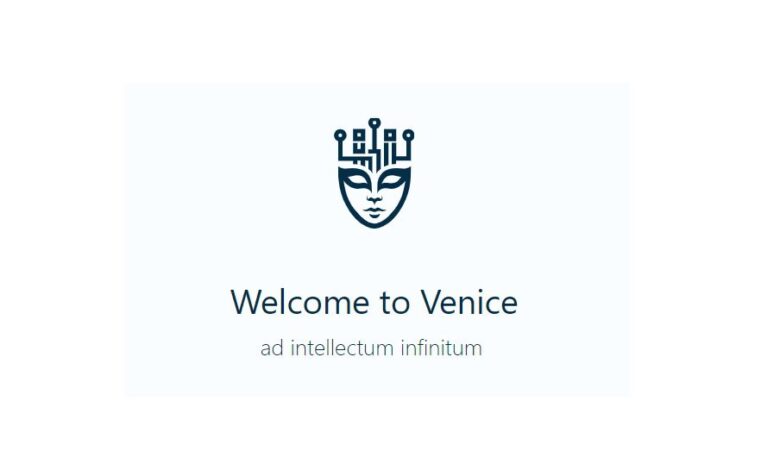ShapeShift founder Erik Voorhees Unveils Sole-Funded Generative AI Platorm Venice

Quick take:
- Voorhees said he solely funded the project and that it did not need external investment.
- Users can use Venice in generative conversation and image creation without compromising personal data.
- The company also plans to omit all forms of censorship on the platform, according to The Block.
Erik Voorhees, the founder of the crypto exchange platform ShapeShit has launched a new product targeting generative AI. Venice leverages blockchain technology to offer permissionless payments and end-to-end encryption. The platform will also act as a web3 infrastructure for local browser storage, The Block reported.
The launch comes at a time when artificial intelligence is one of the emergent technologies in 2024, largely driven by the growing popularity of generative AI.
Venice is targeting the intersection of AI and blockchain with its privacy-focused platform promising to offer its services without compromising user data.
According to the announcement, users can use Venice in generative conversation and image creation. Venice also plans to omit all forms of censorship on the platform.
The company has tapped Teana Baker-Taylor, former vice president at the stablecoin issuer Circle to become its COO, while Voorhees will serve as the firm’s CEO. Venice, which is solely funded by Voorhees currently employs six people.
Unlike some decentralised AI products, Voorhees maintains Venice is not a crypto app but rather leverages blockchain technology and Web3 infrastructure to offer its services without holding user data.
“Venice will utilise the Morpheus decentralised AI network as it launches, and already anyone holding a MOR token enjoys access to a free Pro account,” Voorhees said.
On the other hand, Baker-Taylor who was Circle’s vice president of policy and regulatory strategy for Europe, the Middle East, and Africa from May 2022 to February 2024 believes “privacy is a human right under threat” from both governments and commercial models that leverage user data for their own gain.
“Policymakers oversee how we spend our money. Our thoughts and expression of our ideas should not, cannot, be the next thing governments govern or companies monetise. At Venice, we respect our users and have no desire to spy on them, create a honeypot store of their data or ideas or sell their data to third parties,” Baker-Taylor told The Block.
Stay on top of things:
Subscribe to our newsletter using this link – we won’t spam!



